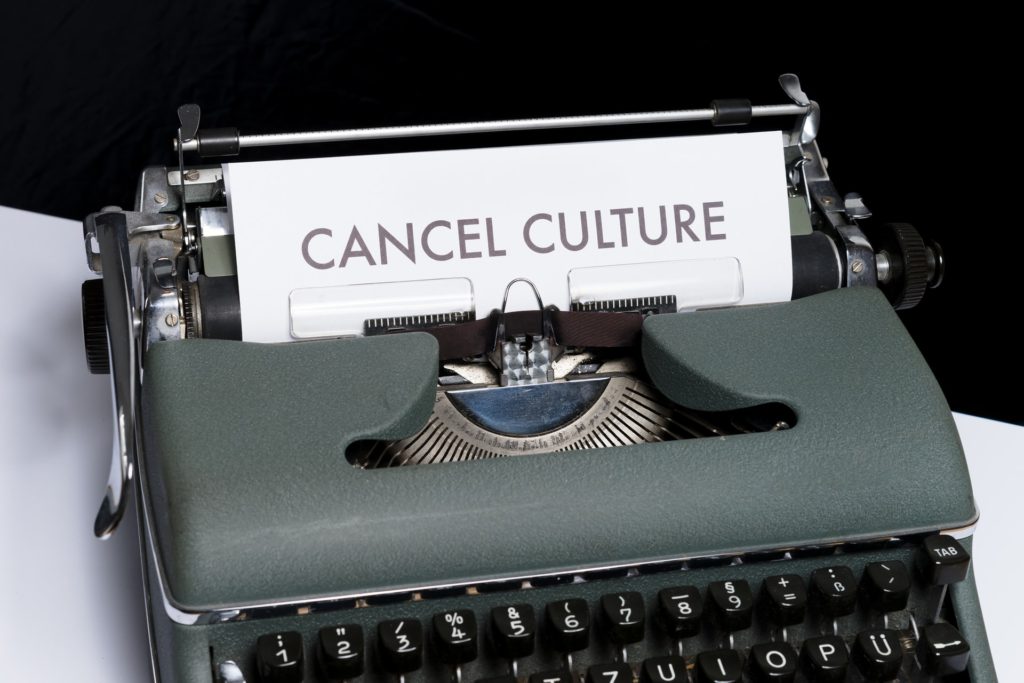I sat in the back of a classroom in a public college. A friend teaches at a local college specifically on ancient texts, including the Bible. He had invited me to join the class to observe the discussion on David.
The students discussed 1 Samuel 21 surrounding the passages of David running from Saul and eventually eating the holy bread. Fresh eyes to the Bible give new perspectives. These students questioned David’s motivations and actions. Because they lacked a view of David, a man after God’s heart, they could come to these episodes without preconceived ideas.
As a pastor, it was refreshing to hear people discuss the Bible with a new perspective. On the other hand, though many of us know David’s sins, we also have high esteem for Israel’s most prominent monarch.
The writers of the Bible provide a fascinating understanding of our conversation about cancel culture today. Like David, the significant human figures have underlying flaws, sins, and failures.
Abraham pawns off his wife Sarah as a sister to a king.
Moses murders an Egyptian and has an anger problem.
Solomon, the wisest king, takes on thousands of women as wives and concubines.
Paul starts his journey to Jesus as a murderer of Christians.
Peter denies Jesus and then refuses to eat with Gentiles because of Jewish pressure.
If you read the Bible considering these people as heroes to emulate, you have missed the gospel. The reality of these individuals highlights their need for a Savior.
Cancel culture arises out of placing people on an untouchable pedestal. The supporters will soften the failures, and the critics will keep pointing out the sin.
Ultimately, our battles on canceling prominent figures come from the human desire for a savior. We want to believe the best of our heroes. We want to demand justice for our enemies who hurt us.
Interestingly enough, read the Bible long enough, and you will encounter several paradoxes.
Humans created in God’s image, yet depraved by sin.
Justice held in tandem with mercy.
Grace bonded with truth.
These paradoxes, along with the stories of flawed humans like David, find hope and resolution in a person – Jesus.
My biblical interpretation professor used to say, “God is the hero of every story of the Bible.”
The moment you make anyone other than Jesus, the hero, you end up encountering a vast array of sin and failure. Their lives like ours point to a need for a Savior.
Engaging the Bible illuminates the risen intensity of our arguments on cancel culture – all of us are looking for a Savior. We still wrestle with humanity’s worth in God’s image and the marring of sin. We exhaust ourselves trying to hold together justice and mercy along with grace and truth.
So perhaps, as we start this week with another flood of debates, we might pause long enough to encounter the flawed figures in the Bible who point to Jesus. Then, we might see below the cynicism and idealism of cancel culture, what people may be searching to find.
We might even read the Bible with fresh eyes like the students taught me in the class that day.
Photo by Markus Winkler on Unsplash

Pingback: Weekly Recap – August 1, 2020 – Peter Englert